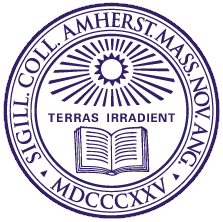 On February 6, 1964, Dr. Martin Luther King Jr. spoke at the New School in New York City. It was the first of 15 talks given by civil rights leaders that semester as part of the American Race Crisis Lecture Series. The King lecture was entitled “The Summer of Our Discontent.” The talk was later revised and expanded in King’s 1964 book Why We Can’t Wait.
On February 6, 1964, Dr. Martin Luther King Jr. spoke at the New School in New York City. It was the first of 15 talks given by civil rights leaders that semester as part of the American Race Crisis Lecture Series. The King lecture was entitled “The Summer of Our Discontent.” The talk was later revised and expanded in King’s 1964 book Why We Can’t Wait.
The New School archives contain a tape of a question and answer period that followed Dr. King’s address but did not include a recording of the actual speech.
Recently, a reel-to-reel tape was found at the student radio station at Amherst College in Massachusetts that indicated it was Dr. King’s New School speech. Not wanting to risk damaging the tape by playing it, the college had the recording digitized. It turned out the reel had been accurately labeled.
The speech had been rebroadcast on the college radio station on December 8, 1964 as part of a weekly program of pre-recorded lectures, some given at Amherst College and some obtained through arrangements with other institutions. The King recording is one of 46 open reel audio tapes transferred to the Amherst College Archives and Special Collections by the radio station in 1989.
The recording has now been made available to the public. You may listen to the speech here. A transcript of the address can be read here.

